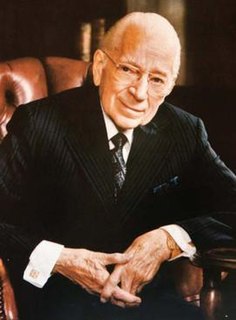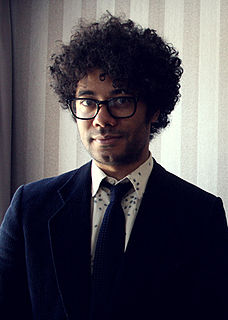A Quote by Nancy Pearcey
Beginning under the Roman Empire, intellectual leadership in the West had been provided by Christianity. In the middle ages, who invented the first universities - in Paris, Oxford, Cambridge? The church.
Related Quotes
In the agreement to rescue Rome [i.e., the Roman Catholic Church's hierarchy] from the predicament of losing its world control to Protestantism, and to preserve the spiritual and temporal supremacy which the popes [had] 'usurped' during the Middle Ages, Rome now 'sold' the [Roman Catholic] Church to the Society of Jesus [i.e., the Jesuits]; in essence the popes surrendered themselves into their hands.
My experience came before most of you were born. My school was a state school in Leeds and the headmaster usually sent students to Leeds University but he didn't normally send them to Oxford or Cambridge. But the headmaster happened to have been to Cambridge and decided to try and push some of us towards Oxford and Cambridge. So, half a dozen of us tried - not all of us in history - and we all eventually got in. So, to that extent, it [The History Boys] comes out of my own experience.
The praise of a civilized world is justly due to Christianity;—war, by the influence of the humane principles of that religion, has been stripped of half its horrors. The French renounce Christianity, and they relapse into barbarism;—war resumes the same hideous and savage form which it wore in the ages of Gothic and Roman violence.
Christianity began with 120 in the Upper Room, within three centuries it had become the predominant religion of the Roman Empire. What brought this about? The answer is deceptively simple, while Christianity was being presented to unbelievers in both Word and deed, it was the deed that far exceeded the Word in evangelistic effectiveness.
Once I spoke about this subject among a group of English intellectuals. One of them was a professor on Roman Law at one of the leading British universities. I asked him,what was the official language of the Byzantine Empire? He said, maybe sometime in the sixth or the seventh century.The Justinian Codex, the rule of law in the Byzantine Empire which was produced by Emperor Justinian, it was written in Latin.And he looked at me ,he knew that I knew already that the only original copy was found in the beginning of the sixteenth century.
I think one is naturally impressed by anything having a beginning a middle and an ending when one is beginning writing and that it is a natural thing because when one is emerging from adolescence, which is really when one first begins writing one feels that one would not have been one emerging from adolescence if there had not been a beginning and a middle and an ending to anything.



































